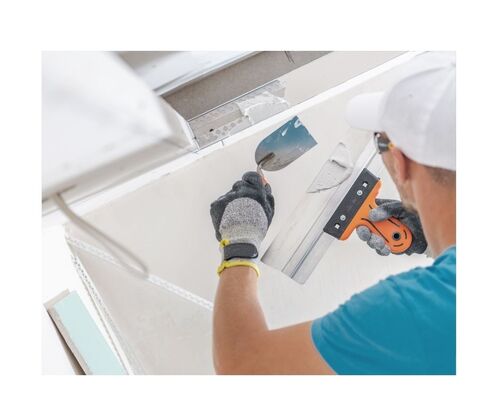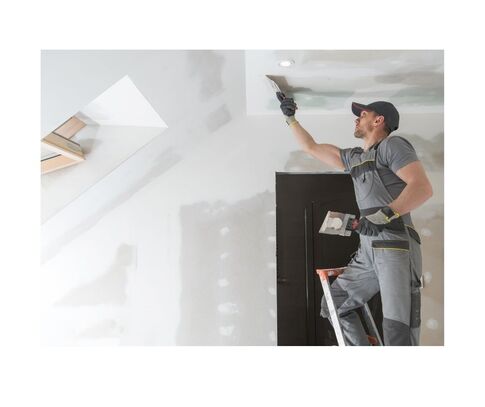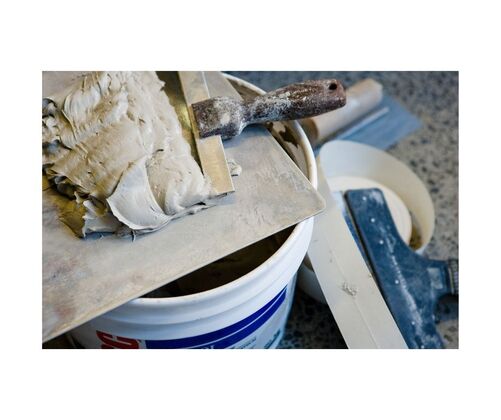Nova Scotia Drywall ServicesNova Scotia Drywall ContractorsIs a drywall expert what you are looking for? A contractor you can rely on and trust for all of your drywall installations and services? If you answered yes to both, you’re in luck! We have been offering our expertise and services all over Nova Scotia for a number of years now. Providing Nova Sotians with the best drywall services to meet your residential, commercial and renovation needs.
Nova Scotia has always been home for us. Which is why we offer our service all the way down from Halifax, all along the South Shore to Yarmouth. We serve your projects with the well-known “East Coast” work ethic.
|
|
Our team of skilled tradespeople exceed the required standards for drywall installation and other applications. We do more than just walls and ceilings. We will help you with the cost projections of your project, offer guidance on the best materials for your project, review any blueprint, renovation or repair and finally, leave you with more than just ceilings and walls. Our drywall contractors will leave you with quality. Something that will last forever.
Who Do We Offer Our Drywall Services To?
We offer our drywall contracting services to the companies and business that are looking to expand their enterprises. Rather you have a new building going up. Or, looking to give your store front that unique entryway that really catches the eye. We offer our drywall services to the entrepreneurs who constructing multi-unit buildings for families to live. Our services are offered to the folks who are building their new house and are looking for a contractor to install flawless walls and ceilings and make that house feel like a home. Our drywall contractors are available to the people wo are looking to add some new renovations in their home. Our drywall repair specialists are offered to the ones who are in need of patching that leaky ceiling or needing a few holes patched up.
How Much Does Drywall Cost?
Cost estimation requires exactly what your specific job will need. To better estimate the cost of your job please fill out our form and a drywall cost expert will be in touch with you.
Drywall Basics
Drywall (gypsum) is a noncombustible material. Not only is it lighter than plaster and wood. It is much more cost effective as well. If a repair or replacement was needed. Gyprock offers the easiest fix. It’s much easier to blend and make it look like the walls or ceiling was never touched. It’s most popular in homes across North America with more than 20 billion square feet is manufactured per year, according to the Gypsum Association. Drywall can offer some very aesthetic appealing features to your rooms. Rather that be recessed shelves or recessed entertainment systems. Create different figures to decorate and add a more modern look to your walls and ceilings. Build different archways to enhance different entrances into rooms with gypsum cardboard. Drywall offers less costs when it comes to applying plaster and leaves a much smoother wall finish. Drywall is much more fire resistant in comparison to wood and does not shift and move with the change in humidity levels.
Drywall Finishes
|
Drywall comes in 5 levels of finishes. Well, 6 if you count level 0
|
What Is Drywall Made Of
Sheets of drywall, also know has sheetrock or plasterboard. Are made of two paperboards that holds gypsum sandwiched in the middle. Gypsum being the main ingredient, is a calcium sulfate dihydrate. Sheetrock holds its rigidity with additives such as:
- Paper and fiberglass fibers
- Potassium sulfate
- Plasticizers
- Mica
- Starch
- Chelating agents
- Boric Acid
- Wax emulsion
What Seals Drywall Panels and Screw Holes
After the drywall panels are fastened to your walls and ceiling. They need to be sealed. This is where compound, mud, fiber tape, paper tape is used. Once the compound or mud is dried it resembles gypsum and can be mistakenly assumed as gypsum plaster. However, it is not. The composition of mud and compound is Calcium Carbonate and Talcum. Calcium Carbonate is the primary ingredient in drywall compound. Which is otherwise known as ground Limestone. Talcum is the ingredient that makes the sanding of the walls the least desirable. This fine dust is used because of its flat shaped particles and its resistant to cracking. Talcum is the property in mud that allows the compound to be sanded down to a “like glass” finish.
What Is Acoustic Drywall
Areas and rooms that require sound proofing and sound control applies acoustical gypsum board to their walls and ceilings. Areas that need such an apparent high sound transmission class (ASTC) may include: Apartment Buildings, Schools, Hospitals, Bedrooms and Living rooms. The ASTC is a transmission of sound produced to test the acoustics of a building. The ASTC rating between dwelling units must be 47 or greater to be in compliance with the 2015 NBCC.
�



